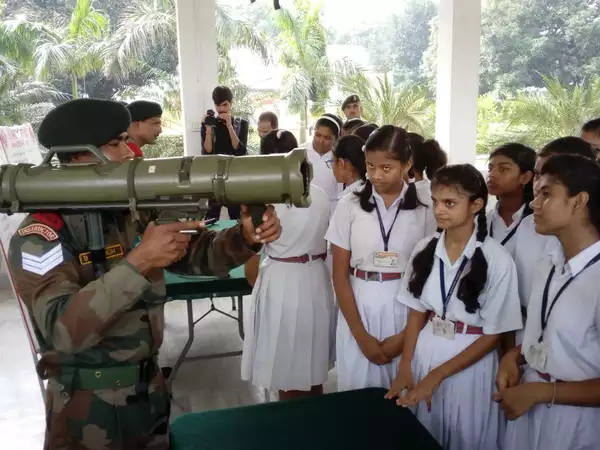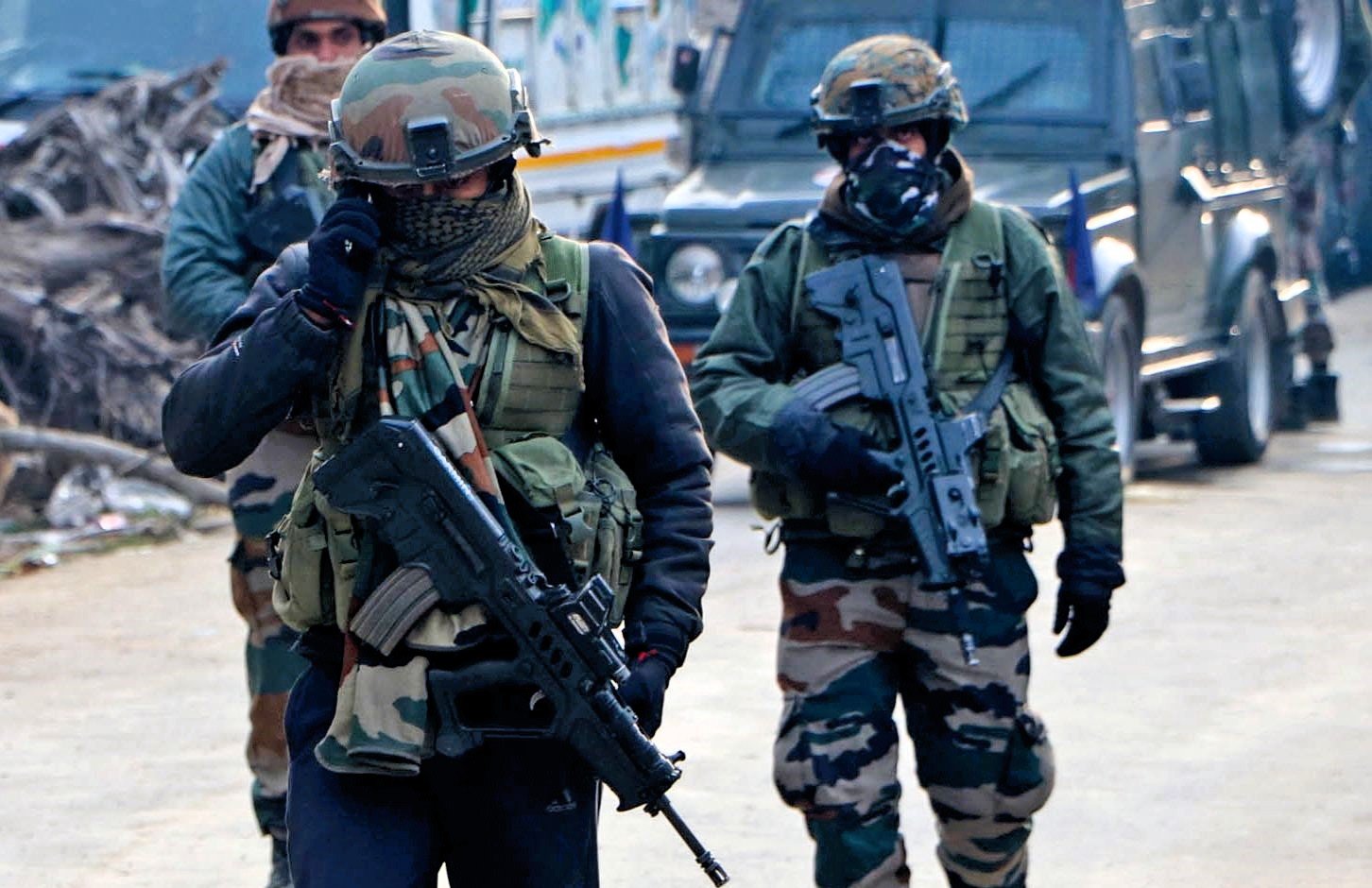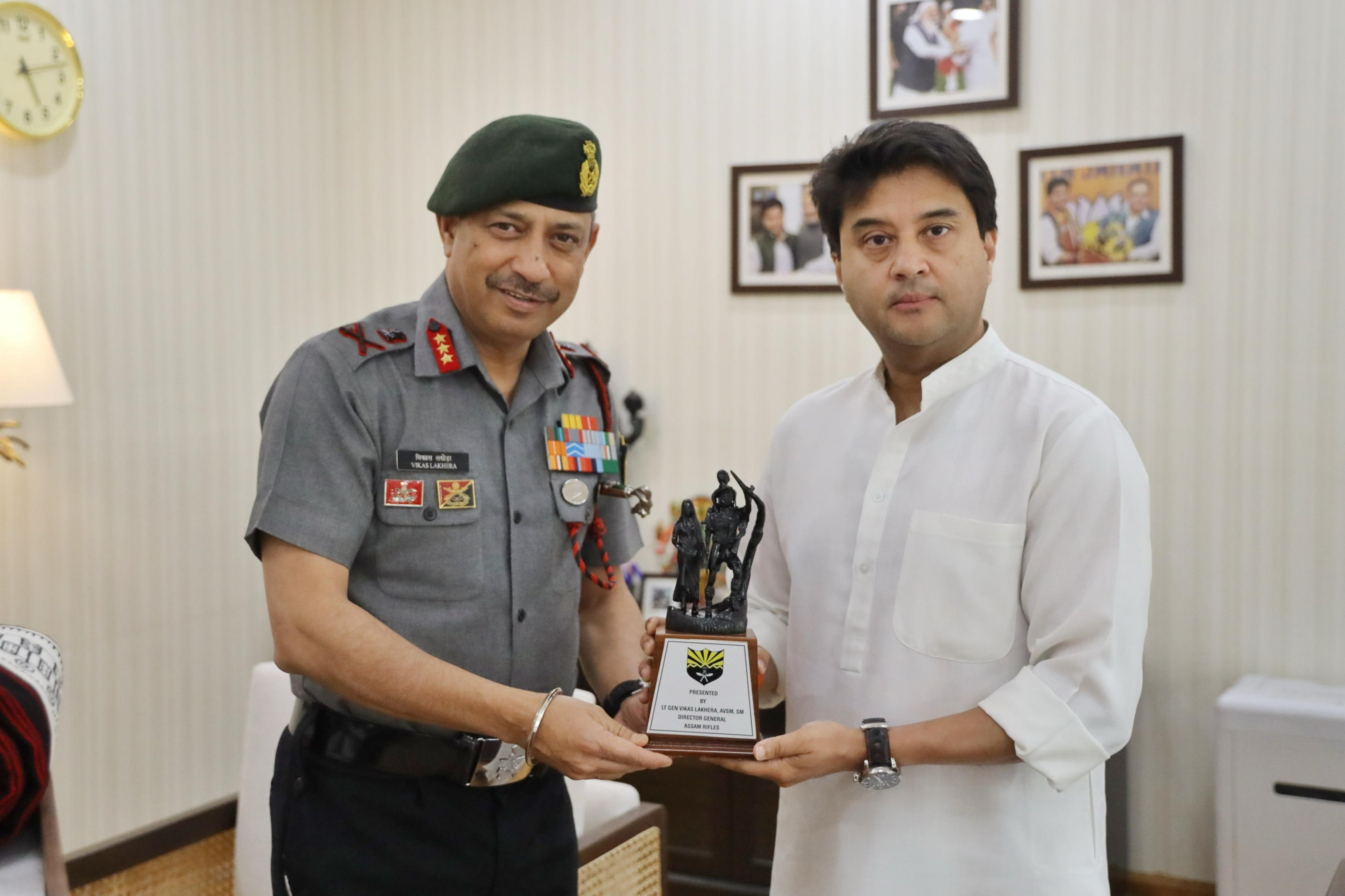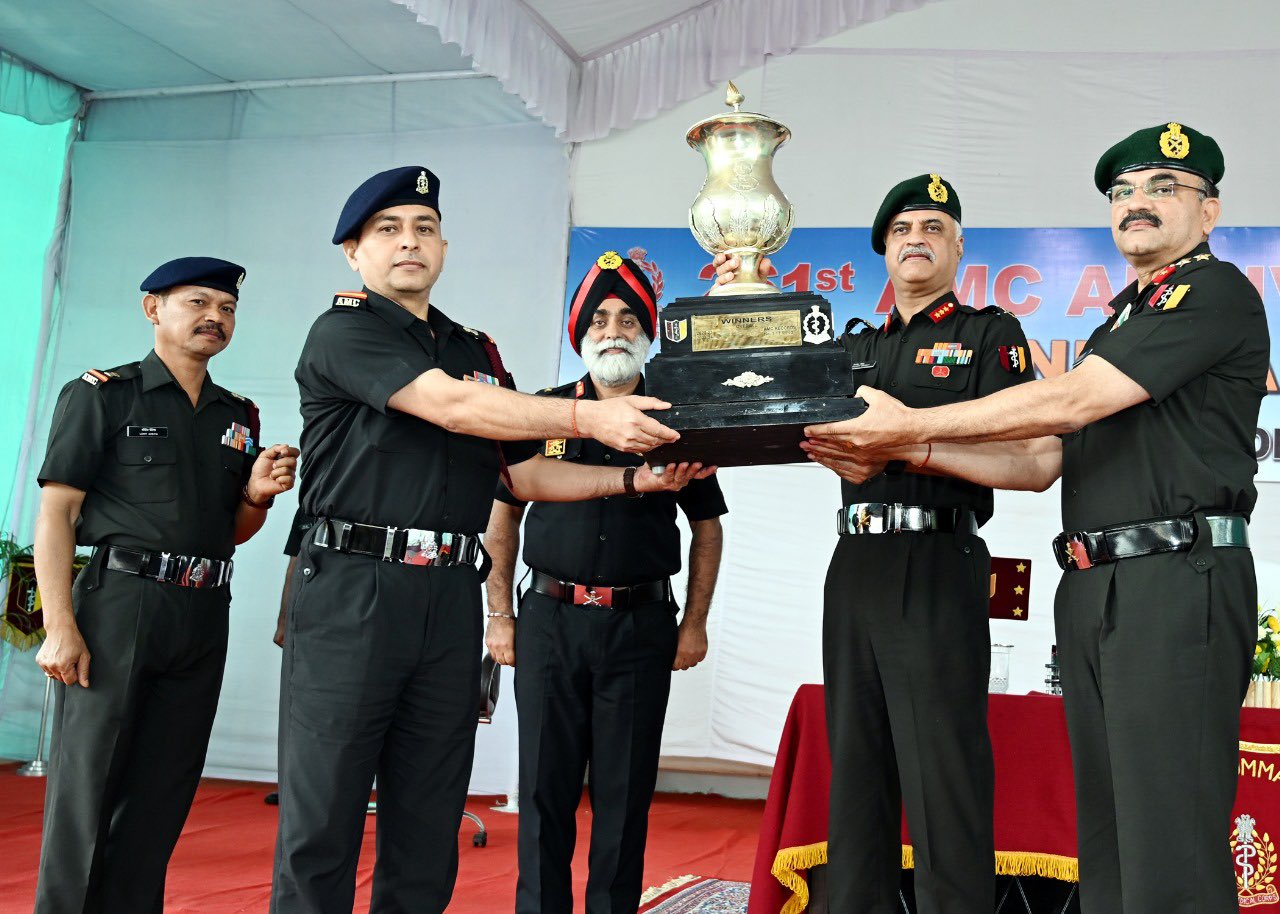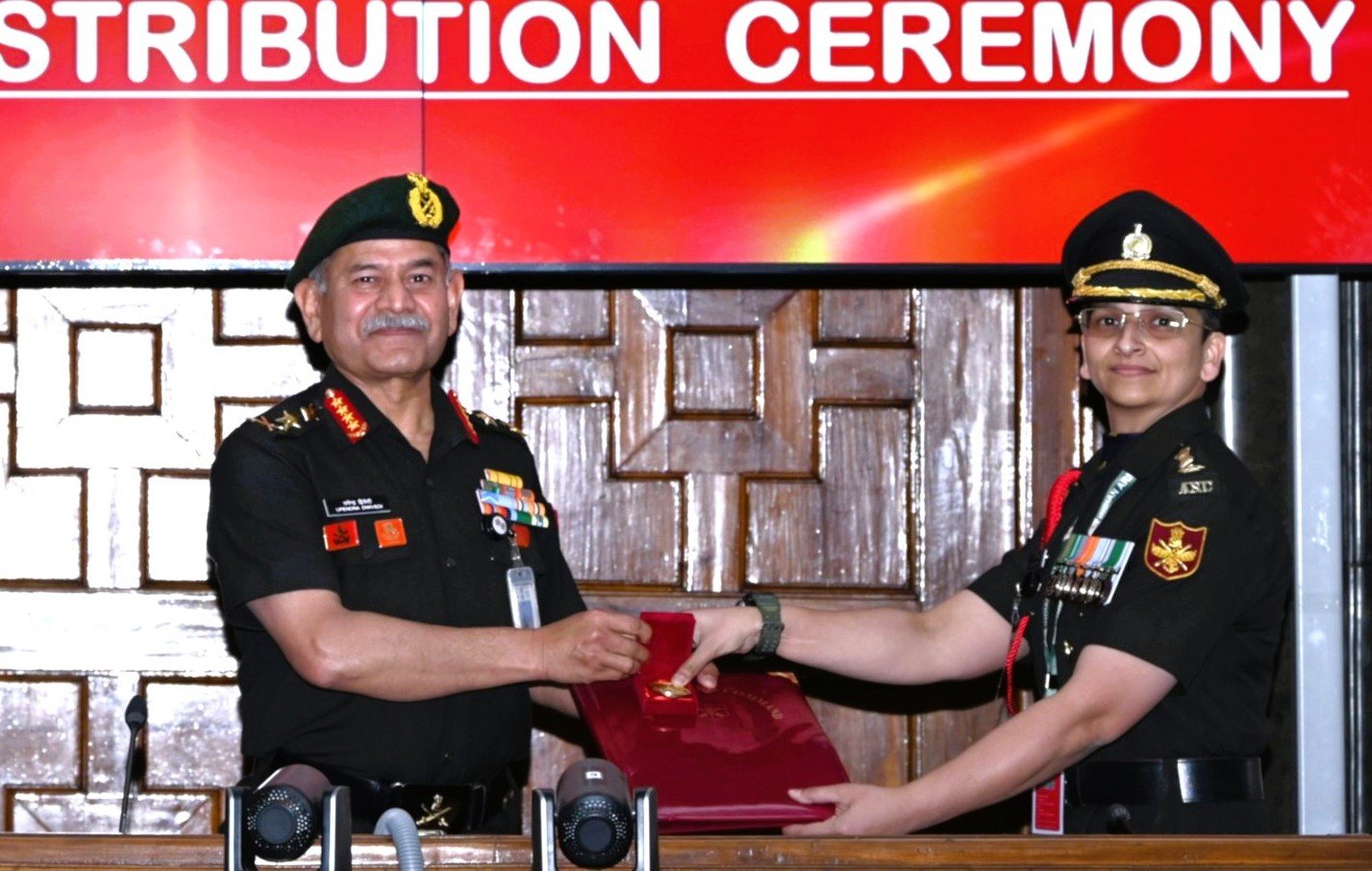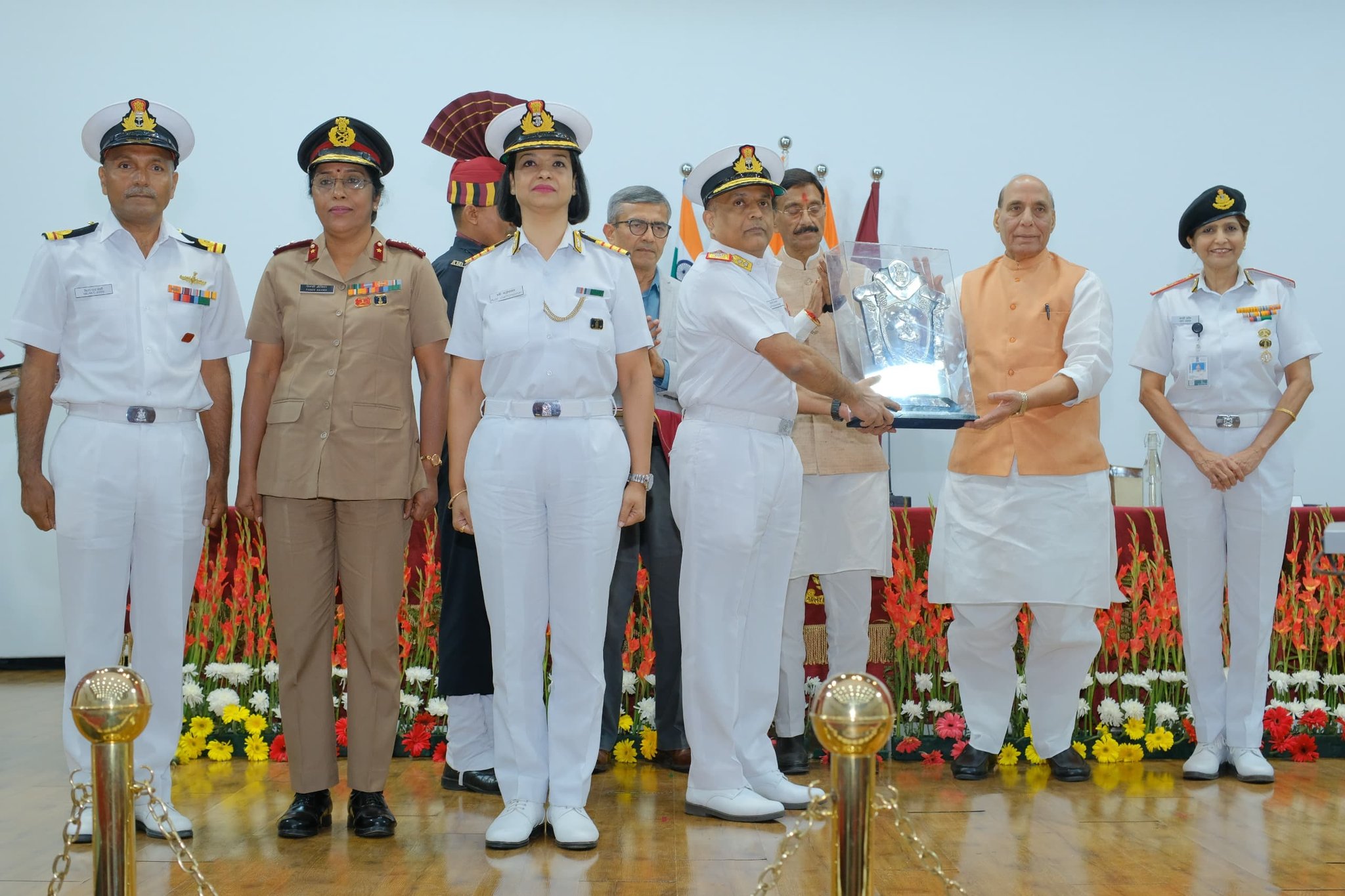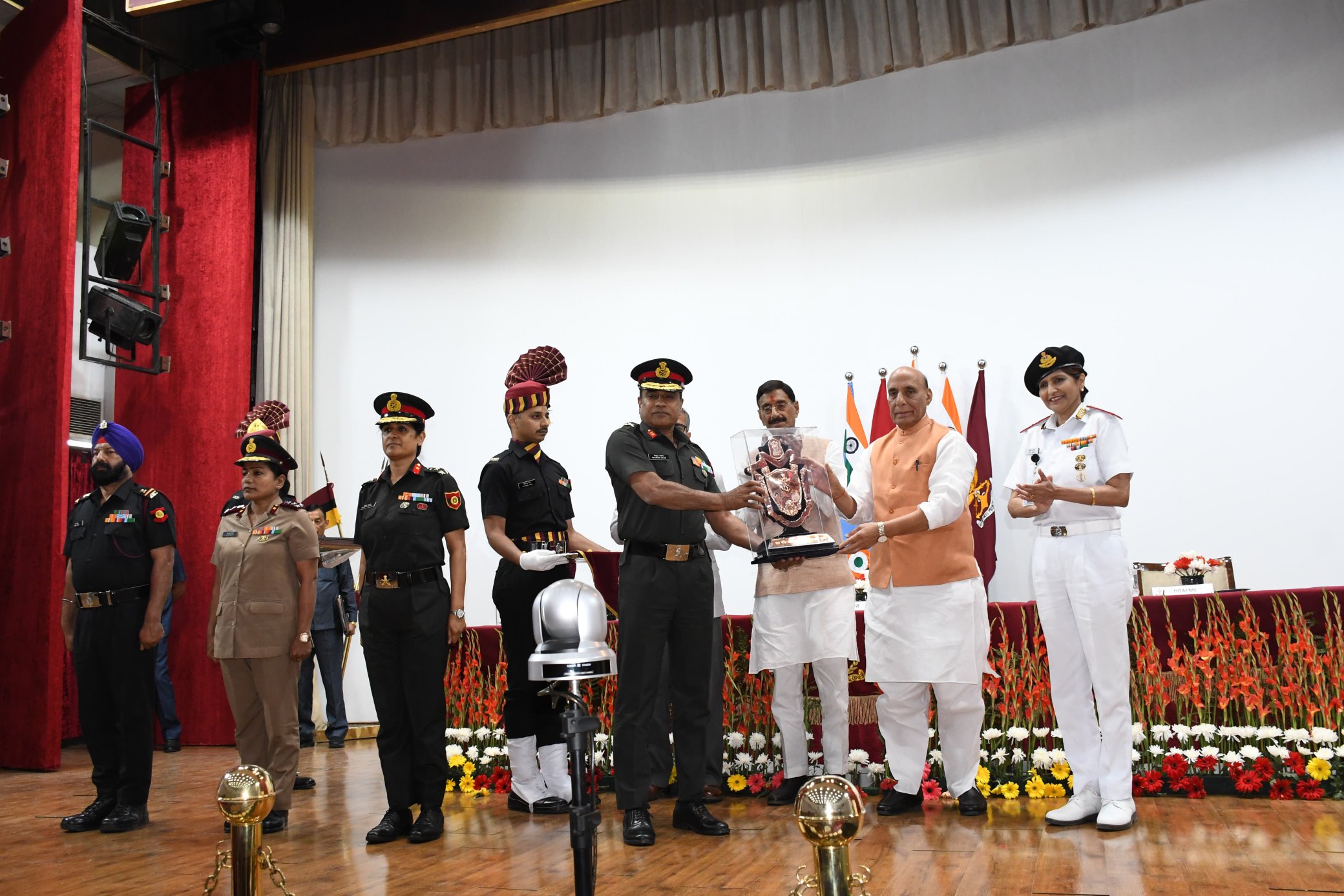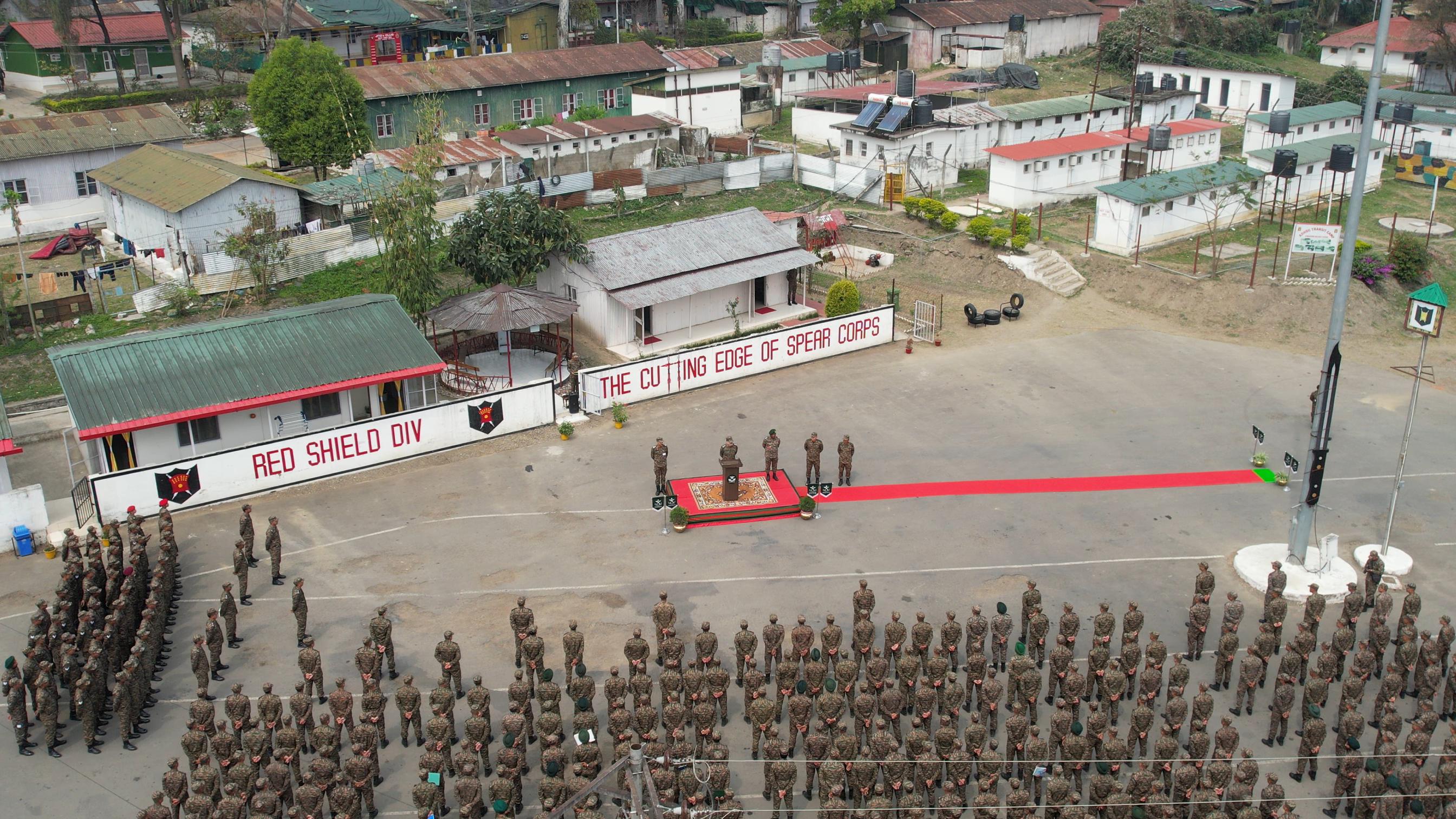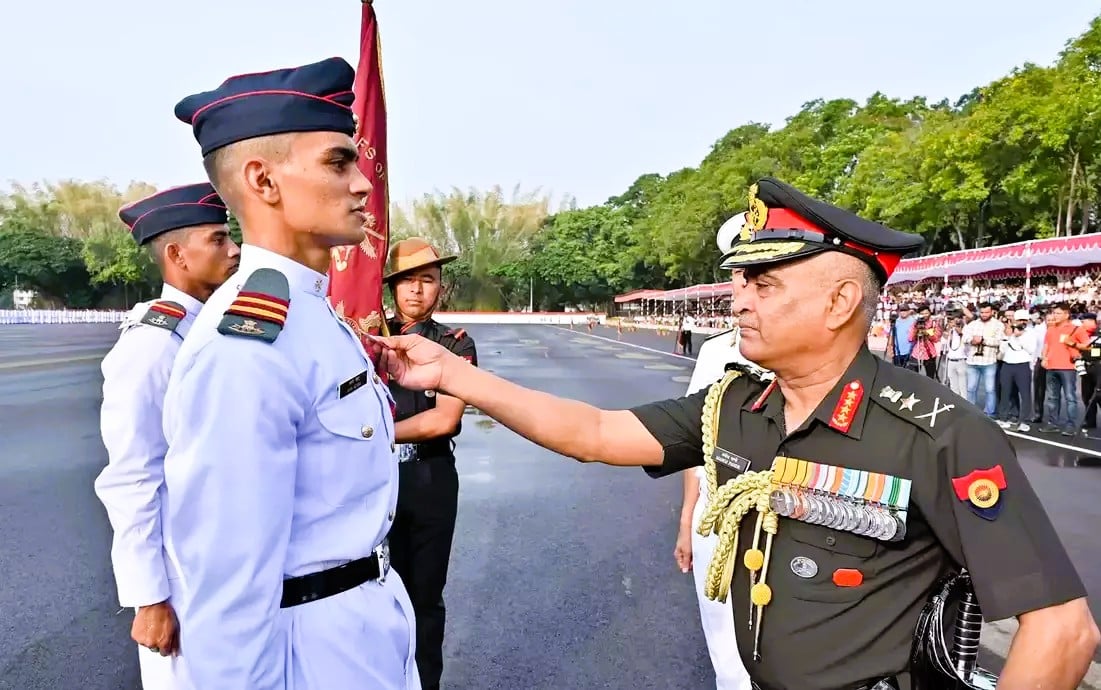Compulsory military service, also known as conscription, is a policy that requires all eligible citizens to serve in the military for a specific period of time. It is a concept that has been implemented in various countries around the world, with the aim of bolstering national security and maintaining a strong defense force. In this article, we will explore the pros and cons of compulsory military service, examine the national security challenges faced by India, and discuss whether it could be a viable solution for addressing these challenges.
Pros and Cons of Compulsory Military Service
Advocates of compulsory military service argue that it has several benefits. Firstly, it ensures a large pool of trained and disciplined personnel, which can significantly enhance the effectiveness of the armed forces. Conscription also promotes national unity and a sense of patriotism, as citizens from diverse backgrounds come together to serve their country. Furthermore, compulsory military service can provide young individuals with valuable life skills, such as leadership, teamwork, and self-discipline.
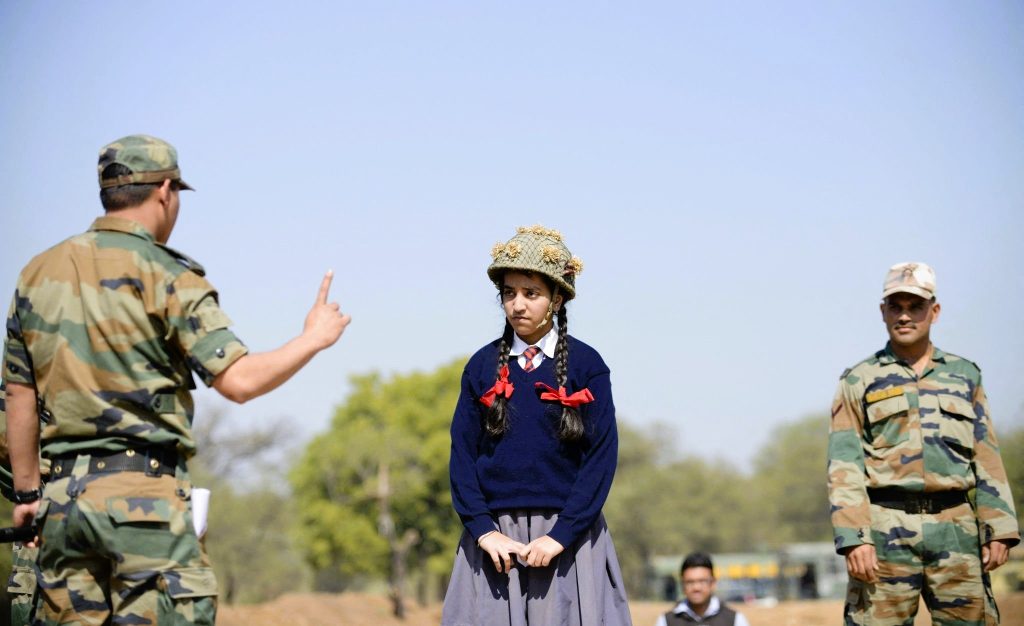
On the other hand, critics of compulsory military service raise valid concerns. They argue that it infringes upon individual freedoms and can disrupt personal and professional plans of young adults. Additionally, the financial burden of maintaining a large conscripted force can be significant for the government. Moreover, conscription may not necessarily guarantee a high-quality military force, as some individuals may lack the necessary skills or motivation.
National Security Challenges Faced by India
India, as a rapidly growing nation with a vast population and diverse geopolitical challenges, faces several national security challenges. These challenges include external threats from neighboring countries, cross-border terrorism, insurgencies within the country, and maritime security concerns. The Indian Armed Forces have been instrumental in safeguarding the nation’s territorial integrity and maintaining peace in the region. However, addressing these challenges requires constant vigilance, modernization of the armed forces, and a robust defense strategy.
Also Read: Why Indian Army Officers Face Higher Stress Than Jawans
The Role of Compulsory Military Service in Addressing National Security Challenges
Compulsory military service can play a crucial role in addressing national security challenges faced by India. By ensuring a large and well-trained pool of personnel, it can strengthen the Indian Armed Forces and enhance their operational capabilities. Conscription can also foster a sense of national unity and patriotism, which is essential for countering external threats and maintaining internal stability. Moreover, compulsory military service can provide an avenue for the youth to contribute actively to the defense of their nation, instilling a strong sense of responsibility and duty.
Examples of Countries with Compulsory Military Service
Several countries, including Israel, South Korea, and Greece, have implemented compulsory military service to meet their national security needs. Israel, in particular, has a long-standing tradition of mandatory military service, with both men and women required to serve in the Israel Defense Forces (IDF) for a specific period. This has been instrumental in building a strong and capable military force that is well-prepared to address the security challenges faced by the country.
Arguments for and Against Compulsory Military Service in India
The debate surrounding compulsory military service in India is multifaceted, with strong arguments on both sides. Proponents argue that conscription can address the shortage of personnel in the armed forces, enhance national security, and promote a sense of discipline and responsibility among the youth. They believe that it can also reduce the burden on the regular armed forces and provide opportunities for skill development.
Opponents, however, raise concerns about the practicality and feasibility of implementing compulsory military service in a country as populous and diverse as India. They argue that it may not be cost-effective and could lead to logistical challenges. Additionally, some question whether conscription is the most efficient way to strengthen national security, suggesting that the focus should be on modernizing the armed forces and investing in advanced defense technologies.
Potential Benefits of Implementing Compulsory Military Service in India
Implementing compulsory military service in India could have several potential benefits. Firstly, it would ensure a larger pool of trained personnel, thereby addressing the shortage of manpower in the armed forces. This would enhance the effectiveness and operational capabilities of the military. Secondly, conscription could foster a sense of national unity and patriotism, as citizens from diverse backgrounds come together to serve their country. This would strengthen the fabric of the nation and promote a culture of responsibility and duty towards national security.
Another benefit of compulsory military service is the opportunity it provides for skill development. Young individuals would receive training in various aspects of military operations, including leadership, teamwork, and discipline. These skills can be transferred to civilian life and contribute to the overall development of the individual. Moreover, conscription can promote social integration, as individuals from different socio-economic backgrounds come together and learn to work as a team.
Potential Drawbacks and Challenges of Implementing Compulsory Military Service in India
While there are potential benefits, implementing compulsory military service in India also poses several challenges. Firstly, the logistics of managing a large conscripted force would be complex, considering India’s vast population. Adequate infrastructure, training facilities, and resources would need to be in place to accommodate and train the recruits. Additionally, the financial burden of maintaining a conscripted force would be significant for the government, requiring careful budget allocation.
Another challenge is ensuring the quality and motivation of conscripted personnel. While conscription can provide a large pool of personnel, not all individuals may possess the necessary skills or motivation to serve effectively. Therefore, comprehensive training programs and rigorous selection processes would be essential to ensure a high-quality conscripted force. Furthermore, the impact on individuals’ personal and professional lives should be carefully considered, as conscription may disrupt their plans and aspirations.
Alternatives to Compulsory Military Service for Strengthening National Security
While compulsory military service may have its merits, there are alternative approaches to strengthening national security that can be considered. One such approach is investing in modernizing the armed forces and enhancing their capabilities through advanced defense technologies. This would enable the military to address security challenges more effectively and efficiently. Additionally, increasing defense budget allocations, improving intelligence and surveillance capabilities, and strengthening diplomatic relations with neighboring countries can also contribute to enhancing national security.
Conclusion: Is Compulsory Military Service the Solution to India’s National Security Challenges?
In conclusion, compulsory military service could potentially address some of the national security challenges faced by India. It can provide a larger pool of trained personnel, foster a sense of national unity, and promote skill development among the youth. However, implementing conscription in a country as populous and diverse as India would pose logistical, financial, and social challenges. Therefore, it is essential to carefully evaluate the practicality and feasibility of implementing compulsory military service and consider alternative approaches to strengthening national security.



